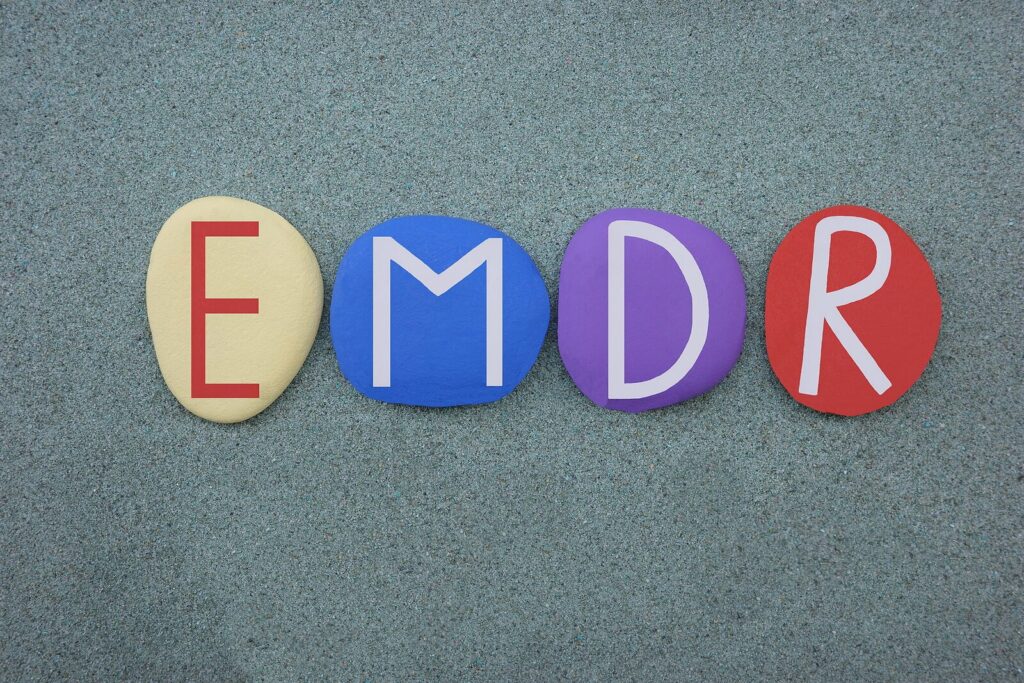What is Trauma?
I want to talk to you about something important: trauma. It’s a word that gets thrown around a lot, but what does it really mean?
Well, trauma is an experience that deeply affects you, leaving a lasting impact on your mind and body. It’s like a wound that doesn’t heal easily, sometimes leaving scars that can be seen and felt.
How to Think About Trauma
At the root, trauma is anything that overwhelms our ability to cope. That is not the definition used for a diagnosis of PTSD. But it represents the experience so many people have of trauma. And a diagnosis isn’t necessary to validate your life experiences.
Let’s dive into five different definitions of trauma that we see at DCNE, so you can get a clearer picture of what it entails:
- Emotional Overload: Trauma can occur when you go through a situation that overwhelms your ability to cope with intense emotions. It could be a sudden loss, a terrifying event, or even ongoing emotional abuse.
- Physical Harm: Trauma can result from experiencing or witnessing physical harm, such as accidents, assaults, or natural disasters. These events can shake your sense of safety and leave you feeling vulnerable.
- Neglect and Abandonment: Trauma can stem from a lack of care, neglect, or abandonment, especially during crucial developmental stages in childhood. These experiences can leave deep “emotional shrapnel” that can affect your relationships and self-esteem.
- Persistent Stress: Trauma can also arise from prolonged exposure to stressful situations, such as working for an asshole, living in a high-conflict environment, or enduring ongoing harassment. This chronic stress can have a significant impact on your mental and physical well-being.
- Vicarious Trauma: Trauma can occur through indirect exposure to traumatic events, such as repeatedly hearing about or witnessing the suffering of others. This can happen to professionals working in fields like government, healthcare, or emergency services, where they witness others’ pain.
But My Trauma Isn’t That Bad…
It’s essential to understand that comparing your trauma to someone else’s isn’t helpful or fair. Each person’s experiences and reactions are unique, and what may seem insignificant to one person could be incredibly distressing to another.
I learned this lesson when working with a survivor of sexual abuse in the church. What was most stressful was not the abuse, at the beginning of our work together. It was a bully robbing this person of their lunch money. I was grateful to have learned this lesson about 15 years ago.
Your trauma is valid, regardless of its size or intensity. Remember, healing is a personal journey, and you deserve support and understanding no matter what you’ve been through.
EMDR Therapy and Trauma Informed Mental Health Care
This brings us to the importance of trauma-informed mental health care and EMDR Therapy. It means that therapists and healthcare providers understand how trauma affects individuals and ensure their approaches are sensitive and supportive.
Trauma-informed care recognizes that anyone can experience trauma, regardless of their background or the size of their trauma. It creates a safe space for you to share your experiences, be heard, and receive appropriate support.
Three Ways in Which EMDR Therapy Can Help You Process Any Kind of Trauma
- Memory Reprocessing: EMDR allows you to revisit and reprocess traumatic memories in a safe and controlled environment. With our expert guidance, you can navigate through those memories, releasing the emotional distress attached to them. This process can lead to a reduction in the power those memories hold over you.
- Releasing Negative Beliefs: Trauma often creates negative beliefs about yourself, such as feeling unworthy or powerless. EMDR helps identify these harmful beliefs and replace them with positive, empowering ones. By challenging and reframing these negative beliefs, you can regain a sense of self-worth and rebuild your self-esteem.
- Nervous System Regulation: Trauma can disrupt your nervous system, leading to feelings of anxiety, hypervigilance, or even dissociation. EMDR incorporates bilateral stimulation, like eye movements, to help regulate your nervous system’s response. This can reduce symptoms of hyperarousal and promote a sense of calm and safety within your body and mind.
As a hardworking professional in Washington, DC, you know the importance of taking care of yourself. It is important to know the difference between burnout and workplace trauma. Remember that healing from trauma is not a sign of weakness but a courageous step toward reclaiming your life and well-being. Seeking support, such as EMDR therapy, is a valuable investment in your mental health and overall happiness. You deserve to heal, grow, and thrive.
Begin EMDR Therapy in Washington, DC
Don’t settle for “over-the-counter” therapy. We offer “prescription strength” EMDR therapy. Contact us today for your free anxiety consultation. We show you we are trustworthy by giving away free consults, even if you decide not to work with us. You can book your consultation on our website, by texting us at 202-998-ADHD (2343), or by emailing [email protected]. Untreated or under-treated anxiety and depression are hard enough. Let us make this easier for you.
Other Services Offered by The Center for Neurocognitive Excellence in Washington, DC
EMDR therapy for anxiety and depression is only one of the services we offer. We also provide counseling for ADHD and Neurofeedback Training. We also provide mental health assessments if you need a diagnosis or aren’t ready to start counseling. Neurofeedback is also a great option if you don’t want to try medications.



Leave a Reply